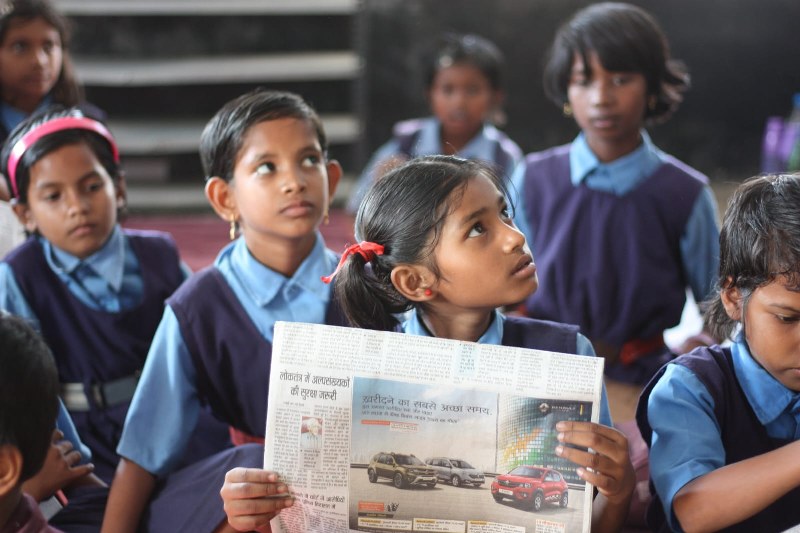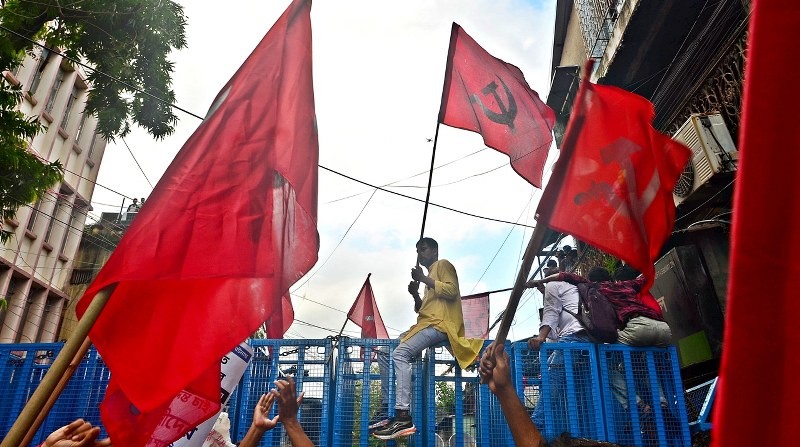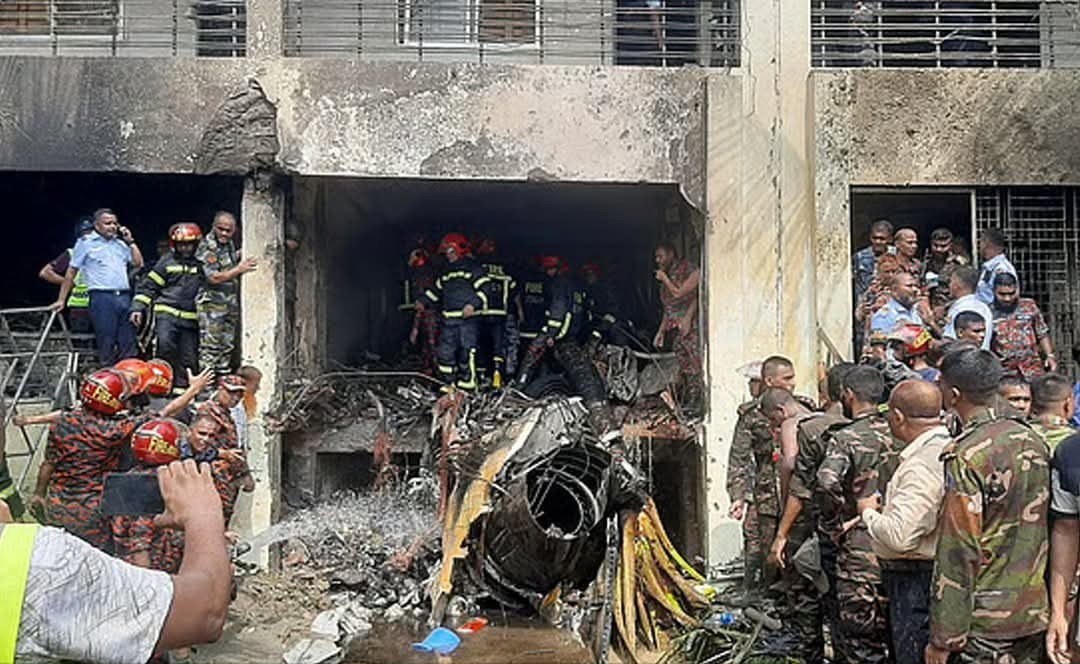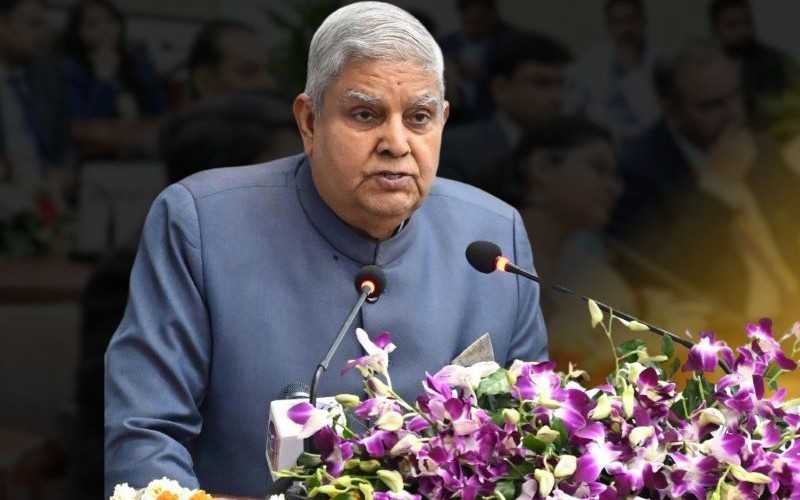Here's all you need to know about flagship 'Pradhan Mantri Nai Manzil Yojana'

According to the 2001 census, about 20% of the 102.8 crore population of our country is of minorities.
Out of which Muslim population is highest at 13.4%, Christian 2.3%, Sikh 1.9%, Buddhist 0.8%, Jain 0.4% and Parsi population is the least.
In which the primary-level dropout rate by minority students is 2% of their national population and the secondary-level dropout rate is 3% of their national population.
Their average workforce participation is also very low compared to the minority population.
According to a survey conducted by the Ministry of Human Resource Development in the year 2013, among the minorities, the Muslim population has the highest dropout rate at the primary level.
According to the Sachar Committee report, poverty and lack of work skills are the most prevalent among minority Muslims due to not being able to complete primary-level education.
In view of this, the present central government launched the 'Pradhan Mantri Nai Manzil Yojana' with the aim of equal participation of minorities in the progress of the country and education and skill development for the overall development of the country.
Objective of the scheme
Under this scheme, it was planned to start a course of one-year duration, through which minority students who get education from unrecognized schools like madrasas or cannot even complete primary level education due to poverty.
All of them will be collected and their abilities will be improved according to their ability and they will be made eligible to take the board exams.
The recognition of this course started under the new floor plan will be valid in all the universities of the country.
1. To collect those students of minority community who have left primary level education due to any reason. They have to provide education and certificates of class 8th and 10th through National Institute of Open Education or State Open School system.
2. Under this scheme, employment-oriented work skill education is to be provided to the youth of the minority community.
3. To create awareness about health and life skills.
4. To provide employment to at least 70% of the youth trained through this scheme so that they can get minimum wages for living and can join the mainstream of the society by taking advantage of schemes related to social security like Employees State Insurance (ESI), Provident Insurance etc. .
Eligibility criteria to avail benefits of scheme
The implementation of Pradhan Mantri Nayi Manzil Yojana will be implemented in general in all areas of the country. Under this program, a phased plan has been made to train about 100,000 minority candidates over a period of 5 years.
Whose target has been set to complete 2% in the first year and the rest is targeted to be implemented in the next 4 years as per the plan.
(i) Under the National Commission for Minorities Act 1992, the trainee should belong to minority community like (Muslim, Sikh, Jain, Christian, Parsi, Buddhist).
(ii) The age limit for getting training under this scheme should be between 17 to 35 years.
(iii) Those states or union territories which have other minority programs are also eligible to take advantage of this scheme but they will not get more than 5% of the total seats.
(iv) Candidates from both rural and urban areas should be below poverty line.
(v) The minimum qualification of the trainee under this scheme should be equivalent to the rules prescribed by NIOS.
(vi) To get training for class 8 under this scheme, it is mandatory for the candidate to have passed or failed or school leaving certificate of class 5. The age limit of the candidate should be as per the age prescribed by NIOS or its equivalent board.
(vii) For class 10 training, class 8 pass certificate or he/she will have to give self-certificate of his/her eligibility. And it is mandatory to have age as per the age limit prescribed by NIOS or equivalent board.
Under this scheme, 30% seats will be reserved for girls/women and 5% seats will be reserved for differently-abled candidates from minority communities. To encourage inter-community unity, a target has been set to consider reserving 15% seats for families belonging to below poverty line non-minority communities.
If the seats earmarked for reserved categories remain vacant under this scheme, then those seats will be treated as unreserved.
(The Author is the Chairman of MSO of India)





